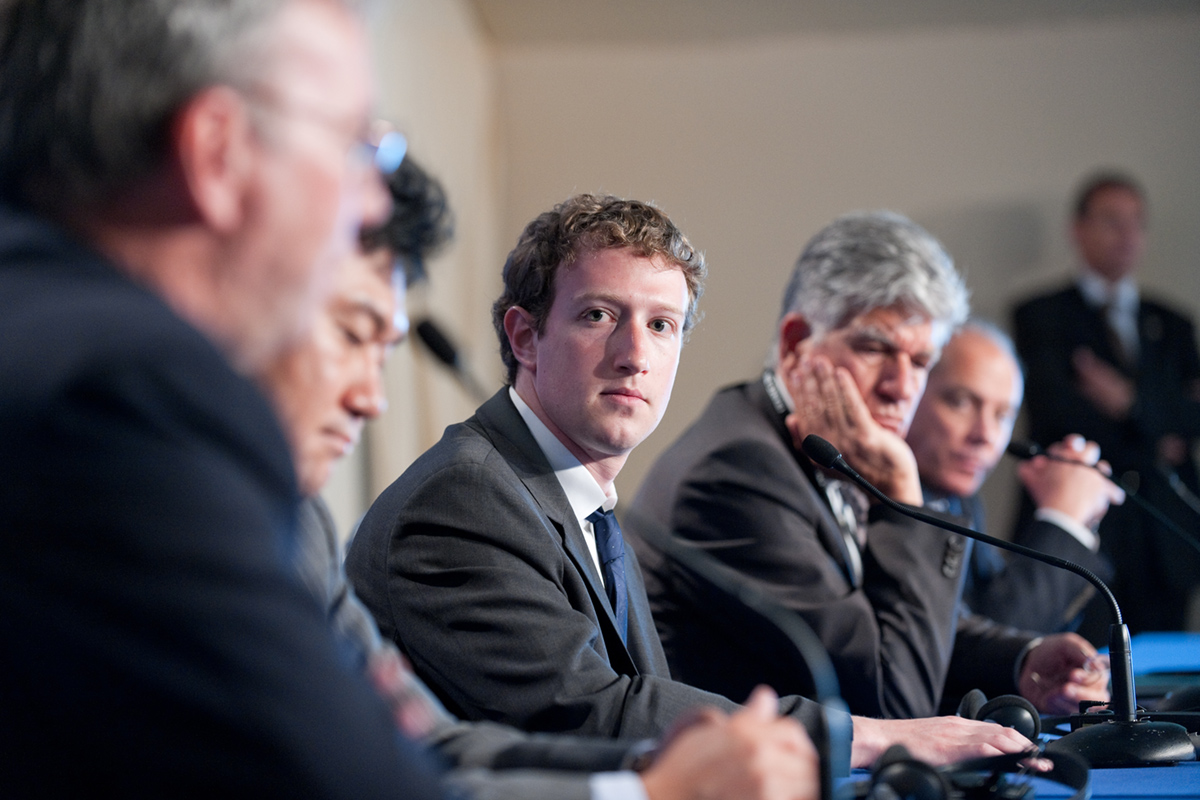I am not sure I’ve ever felt misled about social media. I mean, it’s always been a business, right? We all knew there was some value exchange happening somewhere, and since we (initially) didn’t pay to play, the only thing of value was what we shared about ourselves.
Even so, I know I am not alone in feeling creeped out at times. When ads get pushed my way, I am still amazed that whatever channel/app I’m using can actually “read my mind.” I cannot even conceive of the complex algorithms required to piece “me” together so I can be advertised to.
As artificial intelligence matures, mind-reading might be closer to the truth than fancy math. Now that’s creepy.
But, are we headed for a big change in social media, of the government regulation kind?
In Mark Zuckerberg’s Facebook post about the Cambridge Analytica situation, he said, “We have a responsibility to protect your data, and if we can’t then we don’t deserve to serve you.” This led to a question about regulatory oversight from CNN reporter Ann Segal, and he is quoted as sharing this:
In some ways, as social media matures and is increasingly relied upon by manufacturers, retailers and advertisers – among others – to meet sales targets, commerce has already started regulating social media.
In a March 2, 2018, Wall Street Journal article, “Turmoil on Madison Avenue as Marketers Push for Change,” it is clear that advertisers are pushing back on social media channels for greater transparency and control over ad placement.
Procter & Gamble Chief Brand Officer Marc Pritchard apparently had been pressuring Google and Facebook to keep ads from appearing around controversial content and “to allow independent verification of the data they release on the reach of ad campaigns.”
Pritchard got what he asked for and said it confirmed what he’d feared: People were seeing the same ads too frequently and clicking away too quickly. Pritchard said, “Once we got transparency, it illuminated what reality was.” And reality hit hard. Pritchard said P&G will cut $400 million over three years in agency and production costs, having already saved a combined $750 million in recent years.
Is it fair and accurate to connect the Cambridge Analytica data scam to big advertisers seeking greater transparency and accountability? I think so.
Government regulation in all its forms is usually the result of some societal abuse (50 million personal profiles sold illegally) and/or pressure brought about by the impact on commerce (getting what was paid for).
The power of social media is more clearly understood by more people today. What might have begun as more “social” than “media” has evolved to be one of the most influential commerce segments in history.
Yes, it’s still creepy that “it” knows so much about me; but in that knowing, commerce has flourished. It is no surprise, then, that there have been abuses – and that government regulation will follow.
What we don’t know is how social media will change once regulated. My bet, though, is that it surely will become a less powerful but more dependable platform for the value exchanges that made it possible in the first place.








